Creeping War Threatens Sudan's Eastern Border
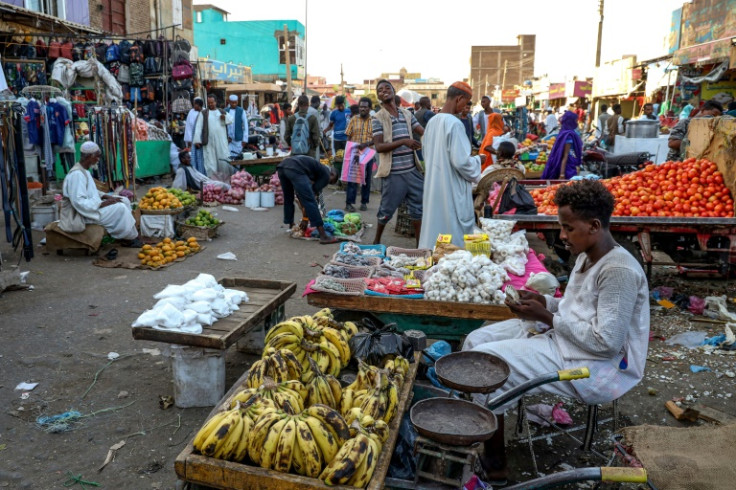
Sudan's nine-month-old war has so far largely spared the country's east. But with the frontline inching ever closer, and reports of military training camps across the border in Eritrea, the fragile peace there is in jeopardy.
Sudan's war has already killed thousands, including between 10,000 and 15,000 in a single city in the western Darfur region, according to UN experts.
The war pits Sudan's army chief Abdel Fattah al-Burhan against his former deputy, Mohamed Hamdan Daglo, known as Hemeti, who commands the paramilitary Rapid Support Forces (RSF).
Analysts have said the RSF is backed by the United Arab Emirates, which denies supporting the paramilitaries who have conquered large swathes of Sudan during fierce battles in central, western and southern regions.
In recent months, the RSF's push into Al-Jazira state, southeast of the embattled capital Khartoum, has given it access to roads leading further east, towards the Ethiopian and Eritrean borders, and beyond to Port Sudan where officials of the government, loyal to the army, have relocated from Khartoum.
The port city is Sudan's lifeline for crucial aid during the war that, according to the United Nations, has uprooted around 7.6 million people and left more than half the population in need of humanitarian assistance.
As the RSF has gained territory, growing numbers of civilians have heeded calls -- supported by the army -- for "armed popular resistance".
This has raised fears the conflict will escalate between the rival forces, both of whom the United States has accused of war crimes.
Witnesses, speaking on condition of anonymity because of security concerns, said Sudanese fighters were being trained in at least five camps in Eritrea, including three in the Gash Barka border region.
They say the camps are linked to Burhan's army or to figures from the former Islamist-backed regime of ousted strongman Omar al-Bashir with whom, experts say, Burhan has built a symbiotic relationship.
Eritrea, one of the world's most isolated states, has not commented on the allegations. It has maintained since the start of the war that it is advocating for peace.
However, multiple sources suggest Eritrea is backing Burhan's war effort with the camps.
Burhan's deputy Malik Agar in January visited the Eritrean capital Asmara, where he met President Isaias Afwerki and "discussed the security and stability of (Sudan's) eastern states".
On social media platform X, Agar said they talked about "strategies to prevent the war from spreading".
According to a government source, who asked not to be named because they are not authorised to speak to the media, Agar also expressed the government's concern over the training camps.
One rebel group from the east, the United People's Front for Liberation and Justice, which agreed to peace with Khartoum in 2020, has directly accused Eritrea of training fighters and warned this could escalate the conflict.
"Supporting (these camps) and making it the official policy of the Eritrean government will only lengthen the war in Sudan and turn it into a regional war," the group said in a statement.
The Eritrean National Council for Democratic Change, an umbrella group of Eritrean opposition groups based abroad, said in January that Sudanese fighters are "being trained by Eritrean soldiers" in "five camps established by the regime".
In a report last June, the Rift Valley Institute research group said Eritrean leader "Afwerki is wary of Hemeti", and is concerned support for him could "empower the UAE" in eastern Sudan.
According to analysts, the UAE has supplied the RSF with munitions, which the Gulf state denies.
"In the short term, Asmara is likely to work to increase its own influence among eastern Sudan's communities," Rift Valley said.
According to witnesses, one of the camps in Eritrea is run by Sudanese rebel leader Ibrahim Dounia from the city of Kassala near the Eritrean border.
Dounia posted a video online on January 15, calling on the youth to join his "Eastern Sudan Liberation Forces" in "a camp", though he did not specify its location.
The group has since posted videos on Facebook showing men in civilian clothes lined up in what appears to be a training regimen, as well as singing in Tigre, the language of the Bani Amer tribe who live in both Sudan and Eritrea.
Though Dounia has been careful not to declare his fighters as backing either side, the movement's Facebook page clearly supports army chief Burhan.
The same witnesses said that two other camps are run by key figures from Bashir's regime, which was overthrown by the military in 2019.
In one, 150 to 200 men are being trained by Ali Sukar, a former security figure for Bashir who remained in his hometown of Agig near the Eritrean border.
The other trains men on behalf of Mussa Mohamed Ahmed, who was named Bashir's "assistant" in 2007 when he had his rebels lay down their weapons.
Witnesses say another camp holds the forces of Mini Minawi, the long-time governor of Darfur, who is close to both the army and to Eritrea.
One witness reported being "offered a small sum to join" a 300-person camp by the Eastern Sudan Front for Justice, which is led by al-Amin Daoud.
"Those groups are known for supporting the army in the current war", Abu Fatima Onor, a specialist in eastern Sudan based in the region, told AFP.
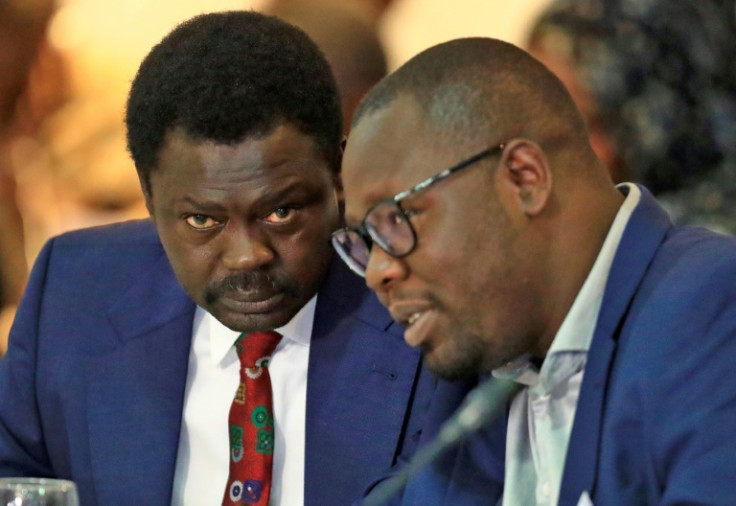
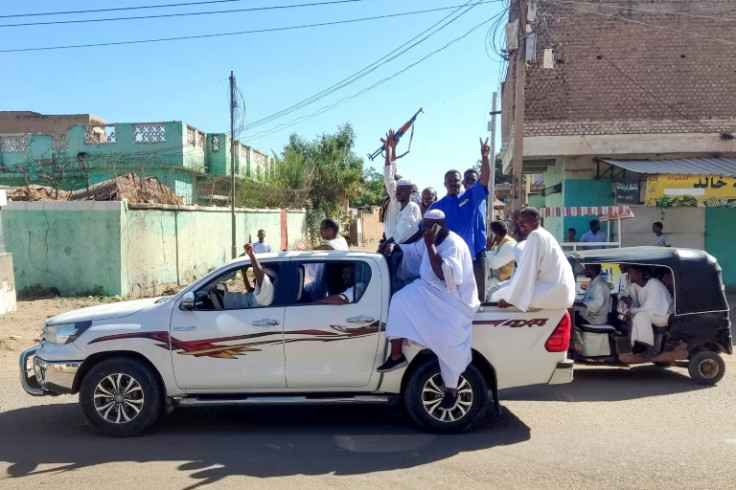
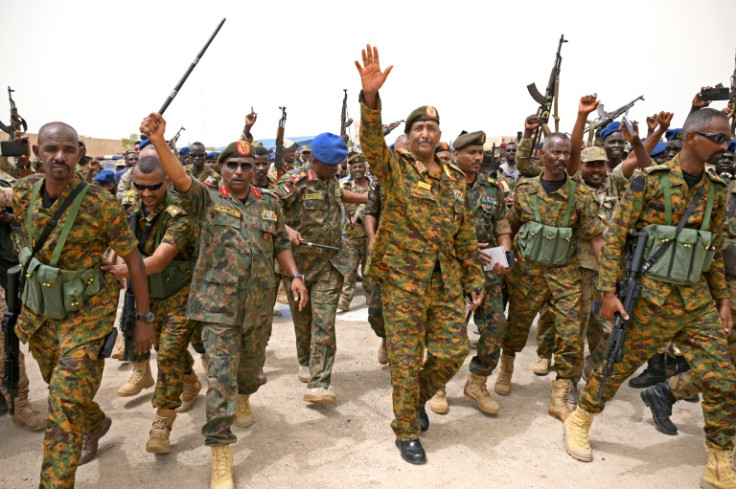
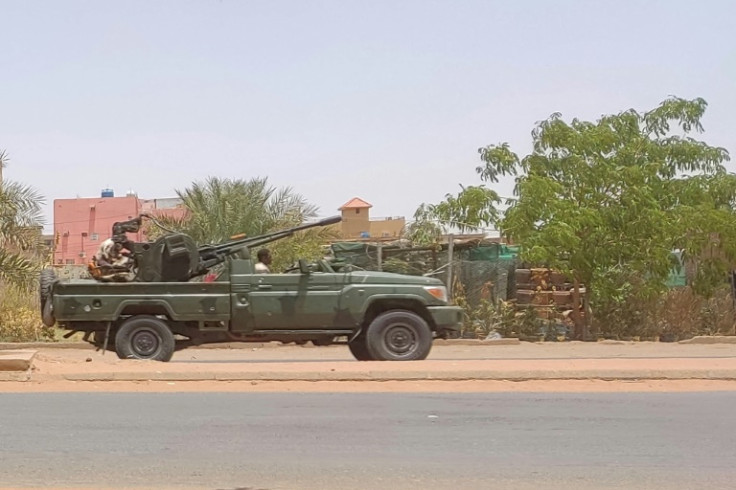
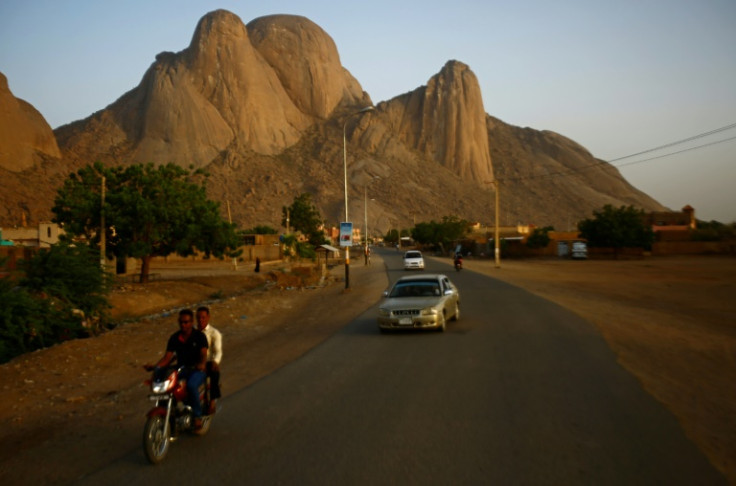
© Copyright AFP 2025. All rights reserved.





















